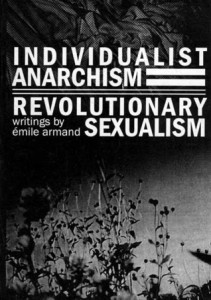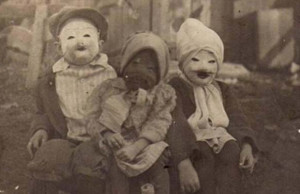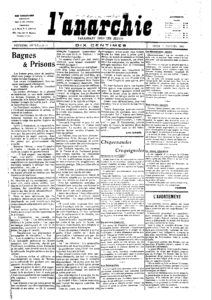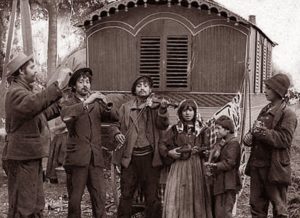«Para comprender la evolución de la moral gregaria, es indispensable recordar que “bien” es sinónimo de “permitido” y “mal” sinónimo de “prohibido”. Alguien -cuenta la Biblia- “hizo lo que está mal a los ojos del eterno”, frase que se repite en varios pasajes de los libros sagrados de los hebreos, que son también los de los cristianos. Pero es necesario traducirlo mejor: alguien hizo algo que estaba prohibido por la ley religiosa y moral, establecida por interés de la teocracia israelita… En todos los tiempos y en todas las grandes agrupaciones humanas se llamó siempre “mal” al conjunto de los actos condenados por la convención, escrita o no, que varía según las épocas y las latitudes.
Así es que está mal adueñarse de la propiedad de aquel que posee más de lo que necesita para vivir bien, está mal mofarse de la idea de Dios o de sus sacerdotes, está mal negar a la patria, está mal tener relaciones sexuales con parientes cercanos. Y como la prohibición no basta, la convención oral se cristaliza en ley, cuya función es reprimir».









